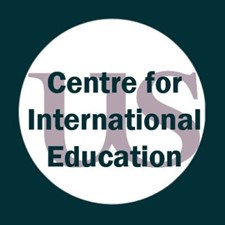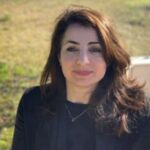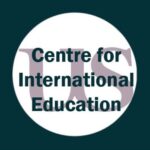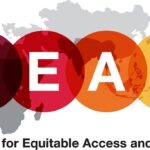
Friday 4 March 12:30 until 13:45
Online : Zoom: https://universityofsussex.zoom.us/j/97335918649 or Fulton Room 106
Speaker: Dr Maha Shuayb, Director Centre for Lebanese Studies Beirut | Amman | Cambridge
Part of the series: CIE Research Cafés Spring Term 2022
 In this seminar Dr. Maha Shuayb reflects on 20 years of education of refugee children. She will overview the main developments in the discourse, including the emergence of the Education in Emergency (EIE) and, more recently, the attempt to converge the humanitarian response with a developmental one.
In this seminar Dr. Maha Shuayb reflects on 20 years of education of refugee children. She will overview the main developments in the discourse, including the emergence of the Education in Emergency (EIE) and, more recently, the attempt to converge the humanitarian response with a developmental one.
Despite the unprecedented attention given to the education of refugee children increasing the enrolment of refugee children in schools (UNHCR 2019), several tensions exist in the conceptualisation of this field. In this talk, she focuses on two interrelated tensions, “Politics ” and “Power”. She illustrates her argument by analysing both concepts presented in the academic and grey literature, particularly policy documents and guidelines produced by the Inter-Agency Network for Education in Emergencies (INEE) and UNHCR. She argues that despite some acknowledgement of the role of politics and power, EIE and refugee literature is largely a-political and overlooks the power dynamics that exist between humanitarian agencies, funders, the host state and refugees.
This has resulted in further reification and marginalisation of refugees. It also reproduced the colonial power hegemonies that have long existed in the humanitarian field between the global north and south in both the education response and knowledge production.





